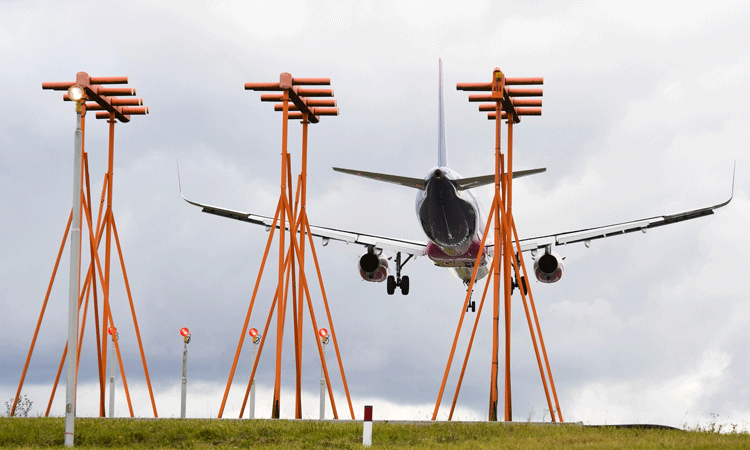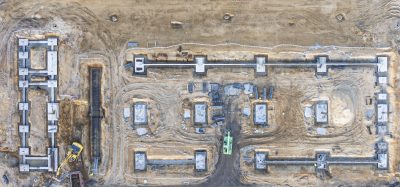CAA approves changes to London Luton Airport’s arrivals airspace
- Like
- Digg
- Del
- Tumblr
- VKontakte
- Buffer
- Love This
- Odnoklassniki
- Meneame
- Blogger
- Amazon
- Yahoo Mail
- Gmail
- AOL
- Newsvine
- HackerNews
- Evernote
- MySpace
- Mail.ru
- Viadeo
- Line
- Comments
- Yummly
- SMS
- Viber
- Telegram
- Subscribe
- Skype
- Facebook Messenger
- Kakao
- LiveJournal
- Yammer
- Edgar
- Fintel
- Mix
- Instapaper
- Copy Link
Posted: 25 November 2021 | International Airport Review | No comments yet
London Luton Airport has welcomed the changes to modernise and simplify the airport’s arrivals airspace, which has been approved by the Civil Aviation Authority.


Credit: London Luton Airport (LTN)
The Civil Aviation Authority (CAA) has approved the airspace change known as ‘London Luton Airport Arrivals’, as announced on the CAA airspace change portal on the 24 November 2021.
This change follows an extensive public consultation that ran from October 2020 to February 2021, which received feedback from more than 2,400 respondents. The joint consultation, co-sponsored by London Luton Airport (LTN) and air traffic control provider NATS, consulted on two options to simplify and modernise the arrival routes for flights into the UK’s fifth busiest airport and segregate them from Stansted’s, to ensure continued safety.
Feedback was incorporated into the final design submitted to the CAA earlier this year (2021), with three notable changes to the original proposal. A modified version of ‘Option One’ was progressed (minimal changes from today’s flight paths below 5,000ft with greater dispersion of flights above 5,000ft); the location and orientation of the new holding area near the A1-A14 junction was adjusted; and the lowest standard altitude of the hold was raised by 1,000ft, reducing potential noise impacts on the residents of St Neots and Huntingdon.
Now that the airspace change has been approved, work is underway to train the air traffic controllers and ensure pilots are familiar with the new routes and accompanying procedures ahead of implementation, which will take place overnight from 00:01am 24 February 2022.
After a year of operation and for the final stage of the official airspace change process (CAP1616), both sponsors, London Luton Airport and NATS, will submit the past 12 months of real flight performance data to the CAA (from February 2022 to 2023) so this can be compared to the expected outcomes of the change as outlined in the proposal. The CAA will then undertake a post-implementation review.
Related topics
Air traffic control/management (ATC/ATM), Airport development, Airside operations, In-flight activity, Noise abatement, Recruitment and training, Route development


















